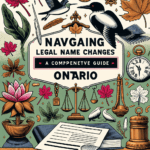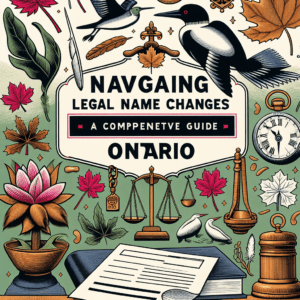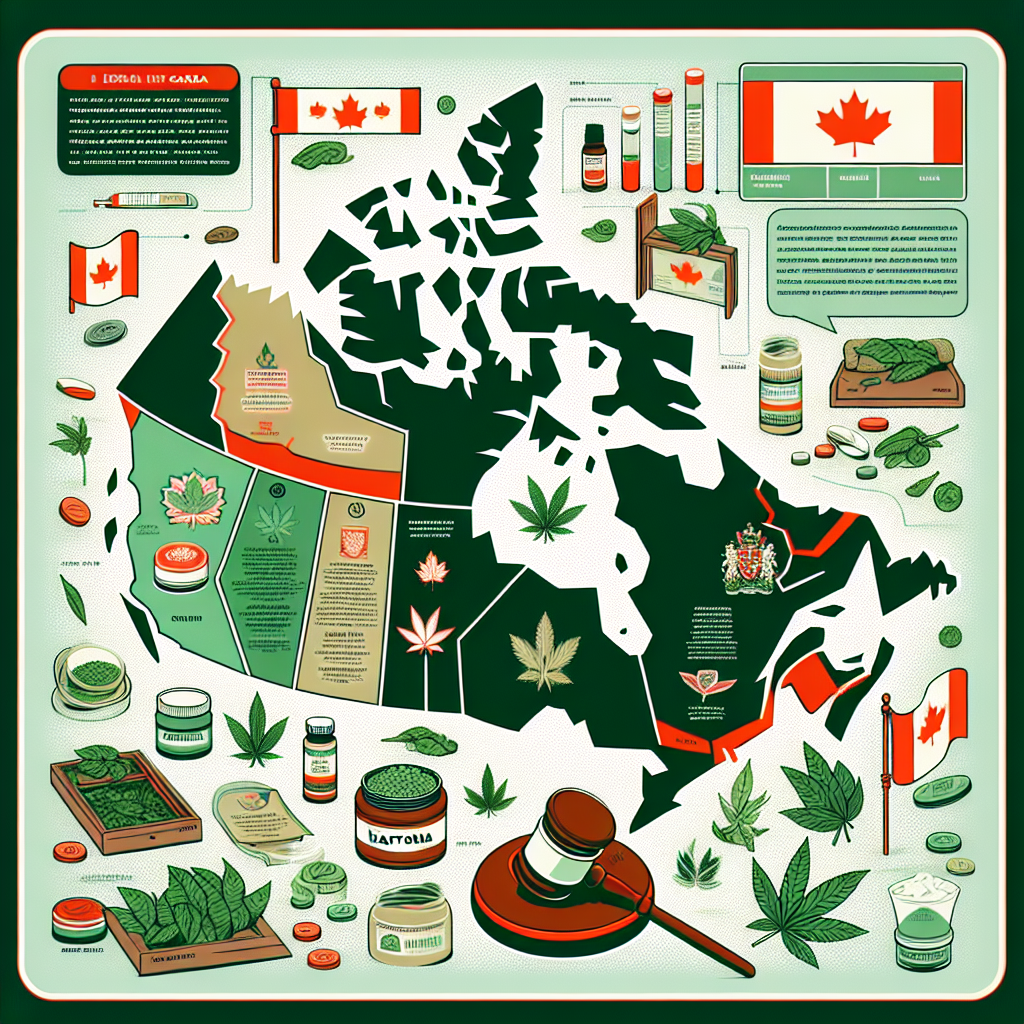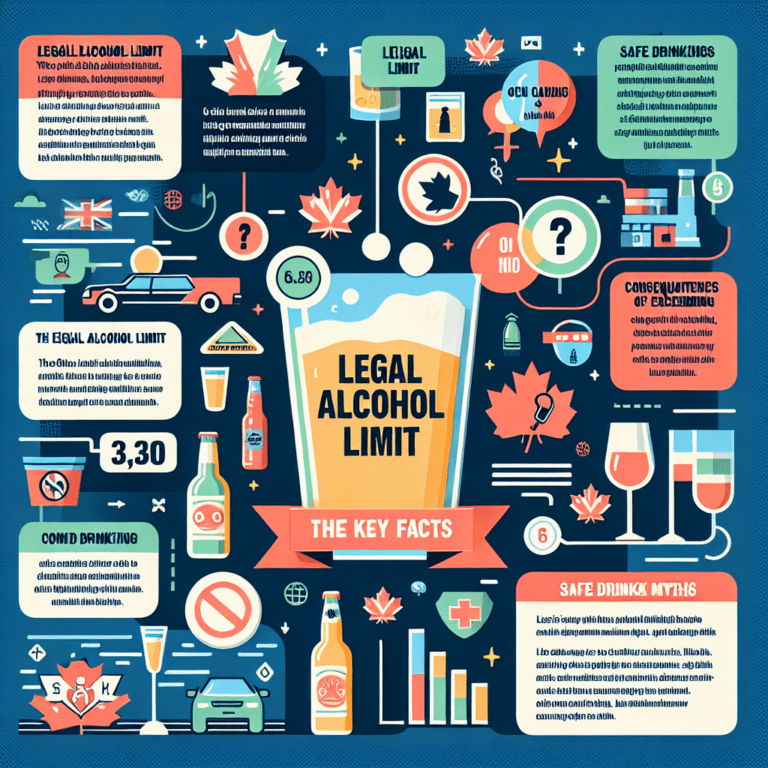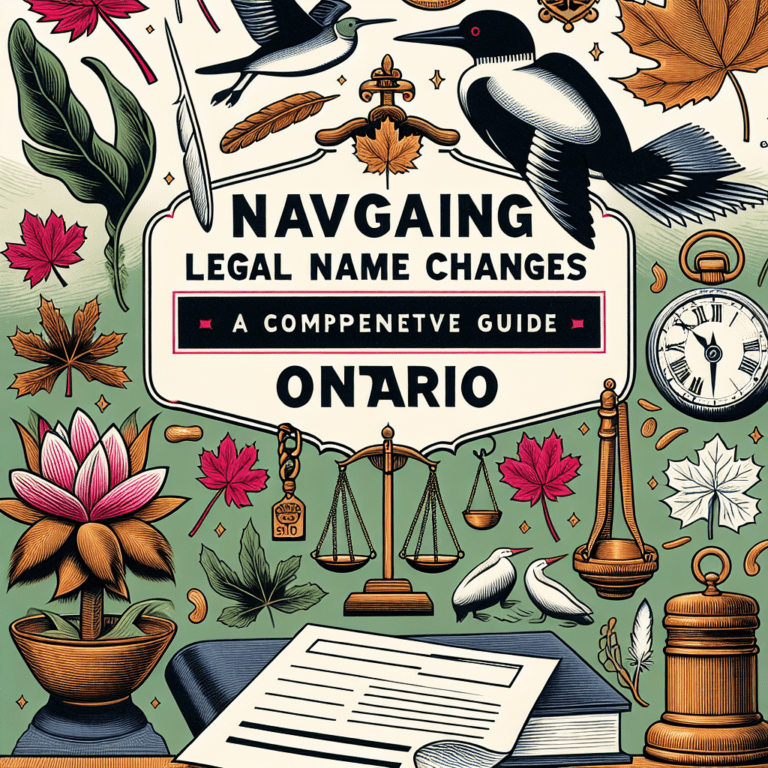Understanding Kratom’s legal status in Canada can feel like navigating a dense fog, particularly for those who seek its potential benefits. Amidst growing interest, many Canadians find themselves confused about whether they can legally buy, sell, or use this herbal substance. The uncertain nature of kratom’s legality can lead to a range of frustrations—ranging from legal repercussions to health concerns. This comprehensive guide aims to clarify kratom’s legal standing in Canada, helping you to make informed decisions regarding its use.
Navigating the Complexities of Kratom Legislation in Canada
Kratom, derived from the Mitragyna speciosa tree native to Southeast Asia, is often hailed for its potential to alleviate pain, anxiety, and withdrawal symptoms from other substances. However, its legal status in Canada is anything but straightforward. Health Canada has not formally classified kratom as a controlled substance, which puts it in a gray area of legality. This ambiguity means that while it’s technically legal to purchase and possess kratom in most provinces, vendors often operate without clear regulations, leading to inconsistency in product quality and safety.
Moreover, the legal landscape is continually evolving, with various provinces exploring their own regulatory frameworks. For instance, certain municipalities have proposed bans or restrictions on kratom sales, citing concerns over its safety and potential for misuse. This can create a patchwork of regulations that can easily overwhelm consumers. Therefore, it becomes essential for users to stay informed about the specific laws governing kratom in their region, to avoid unintentional violations.
The lack of comprehensive federal regulation also contributes to the complexity of kratom’s status in Canada. Unlike other herbal supplements that undergo rigorous testing and approval processes, kratom products are often sold without the same level of scrutiny. As a result, consumers may encounter products that are mislabeled or contain harmful contaminants. To navigate this terrain, it is wise for consumers to source kratom from reputable vendors who prioritize product transparency, quality control, and customer education about their offerings.
Key Factors Influencing Kratom’s Legal Status Explained
The primary factor influencing kratom’s legal status in Canada is public health concerns. Health authorities have raised alarms about the potential health risks associated with kratom, especially in light of its psychoactive properties. Some studies suggest that kratom can lead to dependence or adverse side effects, which raises questions about its safety as a consumer product. These concerns have fueled calls for tighter regulations and monitoring of kratom sales, echoing a similar pattern seen with other substances deemed harmful.
Another significant aspect is the influence of advocacy groups and public opinion. In recent years, there has been a growing body of advocates who promote kratom as a safe alternative for pain relief and anxiety management. These groups argue that with appropriate regulation and education, kratom could offer significant benefits to many Canadians. On the other hand, opponents cite concerns about its potential for abuse and the lack of clinical research supporting its efficacy, leading to a polarized debate that complicates its legal status further.
Finally, international perspectives on kratom play a crucial role in shaping its legislation in Canada. Countries such as the United States have taken varying stances on kratom, with some states moving to regulate or ban its use altogether, while others embrace it. These international dynamics can influence Canadian policymakers as they consider their own regulations, leading to uncertainty and inconsistency in how kratom is treated under the law. Consequently, staying abreast of international developments is vital for anyone interested in kratom, as these could impact future legal considerations within Canada.
In summary, understanding kratom’s legal status in Canada requires attention to a myriad of factors, including provincial regulations, public health concerns, advocacy efforts, and international influences. As the landscape continues to shift, it’s essential for consumers to remain vigilant and informed. By doing so, you can make educated decisions about kratom’s use and navigate its complexities. Engage with local advocacy groups, explore reputable vendors, and keep an eye on legislative changes to ensure that you remain compliant with the laws governing kratom. The more knowledgeable you are, the better equipped you will be to make informed choices regarding this controversial herbal supplement.
Understanding Legal Self-Defense Weapons in CanadaUnderstanding Legal Paper Size: Dimensions and Uses ExplainedNavigating Legal Name Changes in Ontario: A Comprehensive GuideRelevant LinkRelevant LinkRelevant Link


